Shame and no Excuses
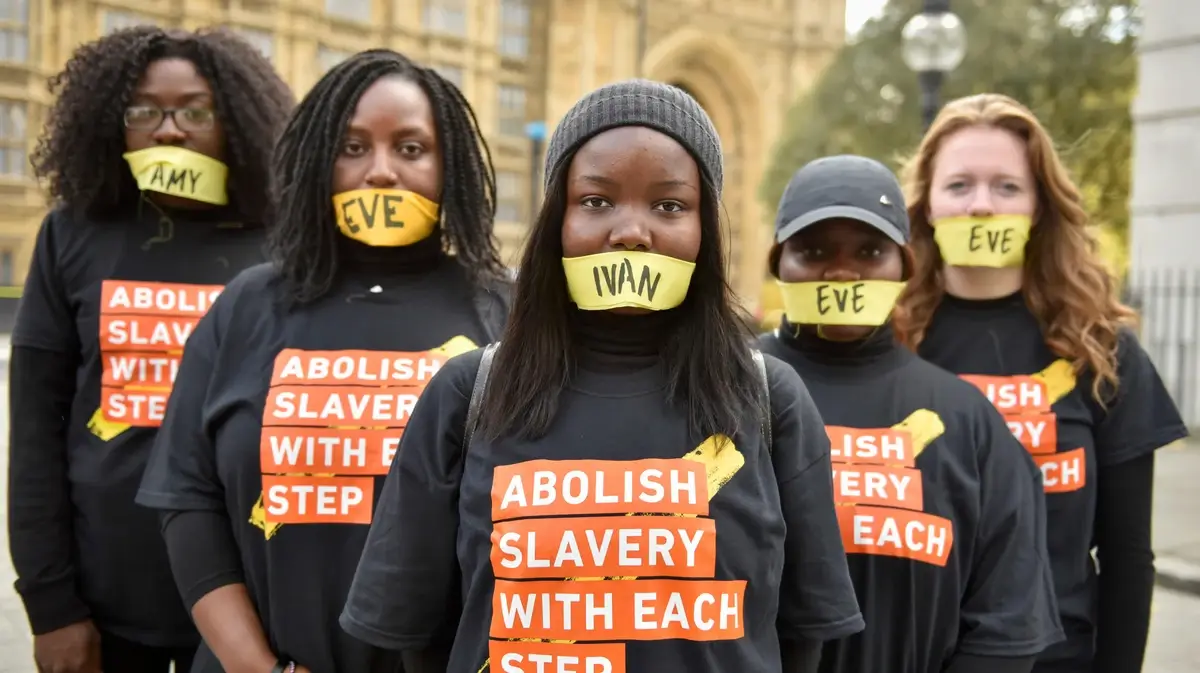
UN: 50 million in still slavery
antonjiesamfoek / eyesonsuriname
Amsterdam, 2 december 2022– About 50 million people live in modern slavery worldwide, UN Secretary-General António Guterres said in his message marking International Day for the Abolition of Slavery on Dec. 2.
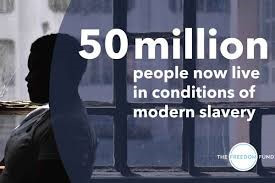
The condition is to be found in almost every country. It also crosses ethnic, cultural, and religious barriers as newer forms of the transatlantic slave trade “reverberate to this day,” Guterres said.
UN Secretary Genaral Guterres also pointed out that societies remain scarred by the historical suffering of enslaved Africans and cannot offer everyone the same opportunities for development.
The UN Chief also urged the world to eradicate all forms of contemporary slavery, from human trafficking to sexual exploitation, child labor, forced marriage, and the use of children in armed conflict.
Citing the recent Global Estimates of Modern Slavery on forced labor and forced marriage, Guterres said that some 50 million people were living in conditions of slavery over the past year.
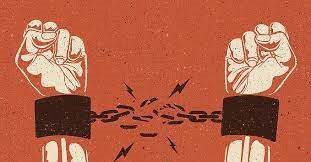
The Portuguese diplomat also explained that marginalized groups were most at risk, as well as ethnic, religious, and linguistic minorities, along with migrants, children, and individuals from the LGBTQI community. He also admitted that the majority of vulnerable people were women and girls.
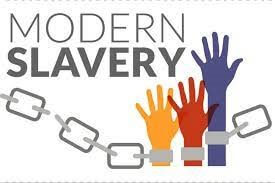
“Action needs to be taken with the full participation of all stakeholders, including the private sector, trade unions, civil society, and human rights institutions,” Guterres said. “I also urge all countries to protect and uphold the rights of victims and survivors of slavery,” he added.
The International Labor Organization (ILO) believes that forced labor and forced marriage have increased significantly over the past five years.
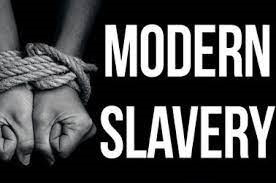
In 2021 about 10 million more people were enslaved, compared to 2016 global estimates, bringing the total to 50 million worldwide.
Although modern slavery is not defined in law, it is used as an umbrella term for practices encompassing forced labor, debt bondage, forced marriage, and human trafficking. It also refers to all exploitative situations in which a person is unable to say no or leave a situation, due to threats, coercion, deception, or simple abuse of power.

Contrary to conventional assumption, about 52% of all forced labor and a quarter of all forced marriages can be found in upper-middle or high-income countries. Nearly four out of five of those in forced commercial sexual exploitation are women or girls.
antonjiesamfoek / eyesonsuriname